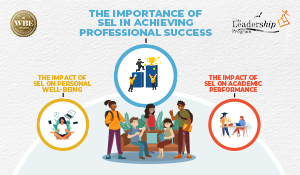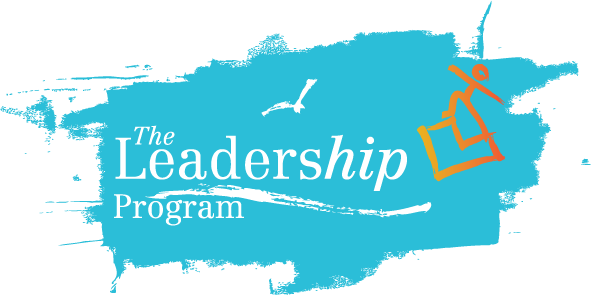Social Emotional Learning (SEL) is a set of skills that enable individuals to understand and manage their emotions, build positive relationships, and make responsible decisions. While SEL is crucial for personal growth, research studies have shown that it also has a significant impact on professional success.
Job Performance and Career Success
The Center for Creative Leadership conducted a study that found a significant relationship between SEL skills and job performance and career success. Individuals who possess strong SEL skills tend to have higher levels of career success compared to those who do not.
- Practice mindfulness meditation to develop focus and reduce stress
- Set personal and professional goals, and track progress towards achieving them
- Seek out feedback and constructive criticism from colleagues or mentors to improve job performance
- Take courses or attend workshops to learn new skills and stay current in your field
Effective Leadership
SEL skills are essential for effective leadership. Leaders who possess strong SEL skills are better equipped to manage their emotions, communicate effectively, and build positive relationships with their employees. This can lead to a more positive and productive work environment, where employees are motivated and empowered to achieve their full potential.
- Practice active listening and empathic communication with colleagues and employees
- Practice emotional self-regulation techniques such as deep breathing or taking a short break before responding to a difficult situation
- Engage in team building activities that promote trust and collaboration
- Encourage employee development by providing opportunities for training and skill-building
Improved Teamwork and Collaboration
SEL skills can help improve teamwork and collaboration in the workplace. By promoting the development of communication and conflict resolution skills, individuals are better equipped to work together towards shared goals. This can lead to improved job satisfaction, increased productivity, and a more positive and supportive workplace culture.
- Practice active listening and open communication to better understand colleagues' perspectives and ideas
- Encourage and practice effective conflict resolution techniques such as active listening, problem-solving, and compromise
- Engage in team building activities such as group projects or team-building exercises
- Collaborate on projects or tasks outside of work to build trust and improve relationships
Reduced Workplace Stress and Burnout
SEL skills can help reduce workplace stress and burnout. By developing self-awareness and self-regulation skills, individuals are better equipped to manage stress and avoid burnout. This can lead to improved mental health outcomes, increased job satisfaction, and productivity.
- Practice mindfulness meditation or deep breathing exercises to reduce stress and promote relaxation
- Set boundaries around work-life balance, such as unplugging from work emails or not taking work home
- Seek out social support from colleagues, friends, or family to reduce feelings of isolation or stress
- Take breaks throughout the workday to recharge and refocus
Career Advancement and Professional Growth
According to a study by the Collaborative for Academic, Social, and Emotional Learning (CASEL), individuals who possess strong SEL skills are more likely to demonstrate leadership potential and be promoted to higher positions. Therefore, investing in SEL programs can help individuals improve their professional success and build stronger, more supportive networks of colleagues and mentors.
- Seek out mentors or networking opportunities to learn from professionals in your field
- Attend conferences or workshops to develop new skills and stay current in your field
- Seek out opportunities to take on new responsibilities or projects that stretch your skills and abilities
- Reflect on and learn from past experiences, including successes and failures, to inform future growth and development.
Conclusion
SEL skills are essential for achieving professional success. By providing individuals with the tools they need to manage their emotions, build positive relationships, and make responsible decisions, they are better equipped to succeed in their careers and achieve their professional goals. Investing in SEL programs can help individuals improve their professional success and build stronger, more supportive networks of colleagues and mentors.
Read More about Social Emotional Learning here.





Comments [0]
Click here to read/write comments